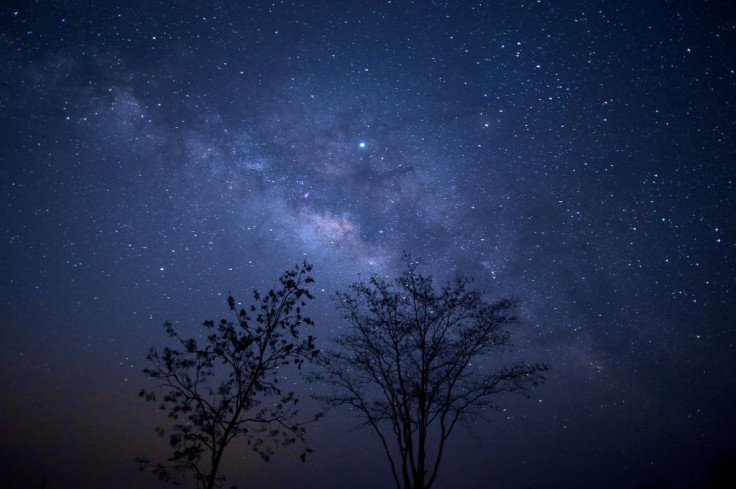Want To Find Alien Life? Search For Planets With This Poisonous Gas

A new study conducted by scientists searching for life outside of Earth suggested that we shouldn’t assume alien life to be like humans who rely mostly on gases like oxygen and methane to survive. In fact, a good start would be to find planets which atmosphere is largely made up by the poisonous gas, carbon monoxide (CO).
The study, which was released in the Astrophysical Journal, based it on data gathered using computer models meant to understand the atmospheric make-up of our planet dating three billion years ago. According to the research team from the University of California, Riverside (URC), the Earth’s atmosphere billions of years ago contained very little oxygen and microbial life actually survived on carbon monoxide. The team surmised that CO could have reached concentrations to as much as 100 parts per million (ppm) before or roughly 1,000 times higher than today’s levels.
"That means we could expect high carbon-monoxide abundances in the atmospheres of inhabited but oxygen-poor exoplanets orbiting stars like our own sun," Timothy Lyons, a professor of biogeochemistry at the University of California, Riverside (UCR) and co-author of the study, said in a statement.
The computer models were then applied to exoplanetary systems that are centered on red dwarfs which make up around 75 percent of the Milky Way. What was discovered is that the red-dwarf planets are filled with oxygen which could also signify high amounts of CO.
"Given the different astrophysical context for these planets, we should not be surprised to find microbial biospheres promoting high levels of carbon monoxide," Edward Schwieterman, a postdoctoral researcher in UCR's Department of Earth Sciences and lead author of the research, said.
With this study in mind, data gathered can be used to create a new biosignature which can be applied when searching for life outside of Earth. This is an interesting turn of events as previous studies have regarded CO as an “anti-biosignature,” believing that planets that are rich of the gas are places where no life can survive.
This data can prove to be useful for groundbreaking technologies like NASA’s James Webb Space Telescope which is capable of searching for biosignatures in the air of nearby exoplanets.
© Copyright IBTimes 2024. All rights reserved.





















